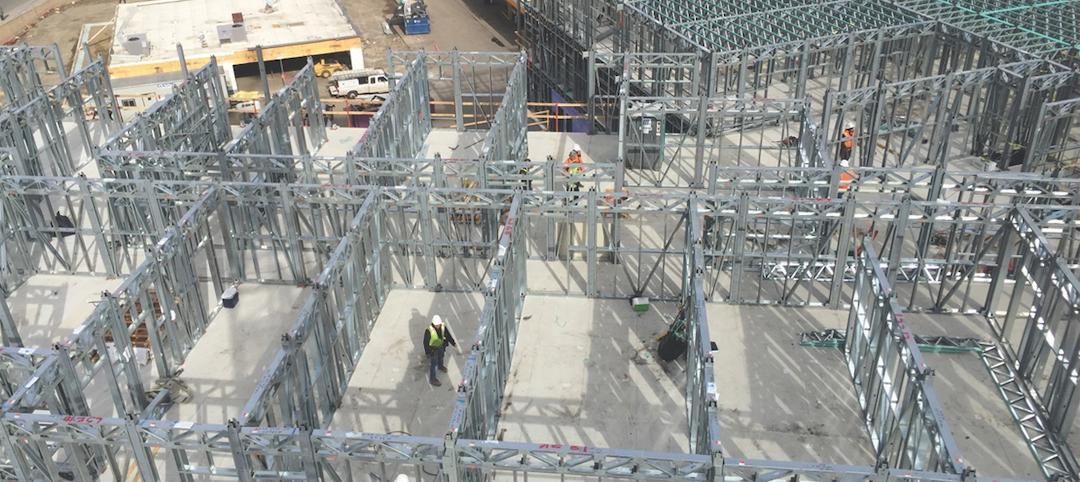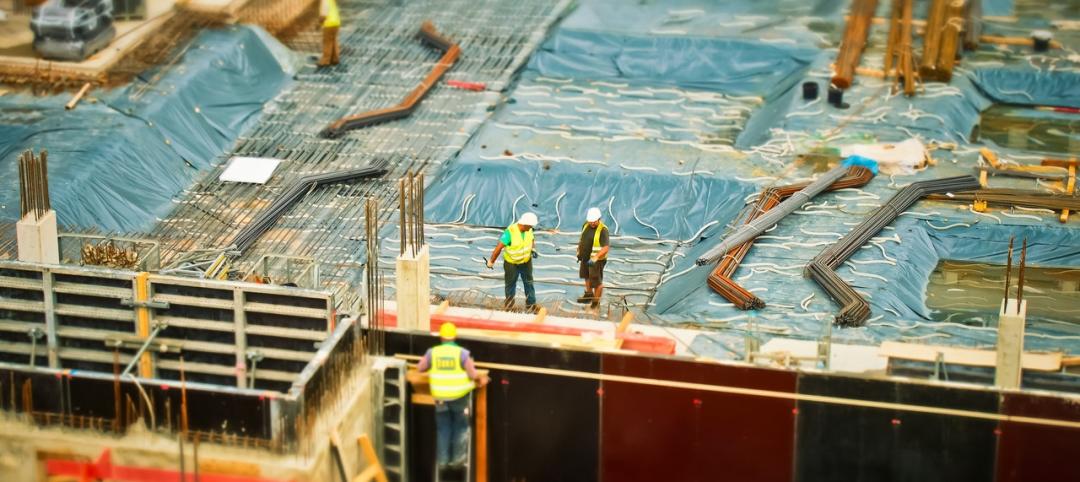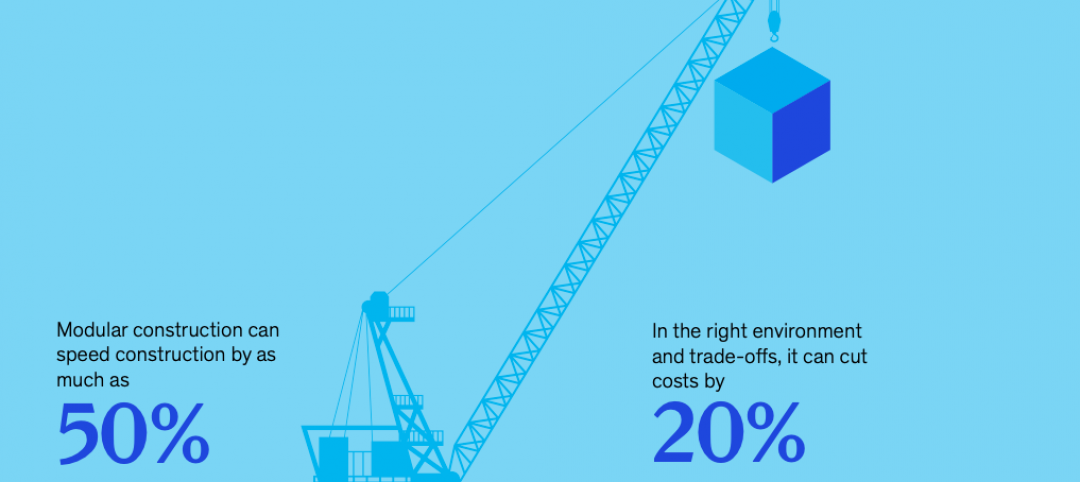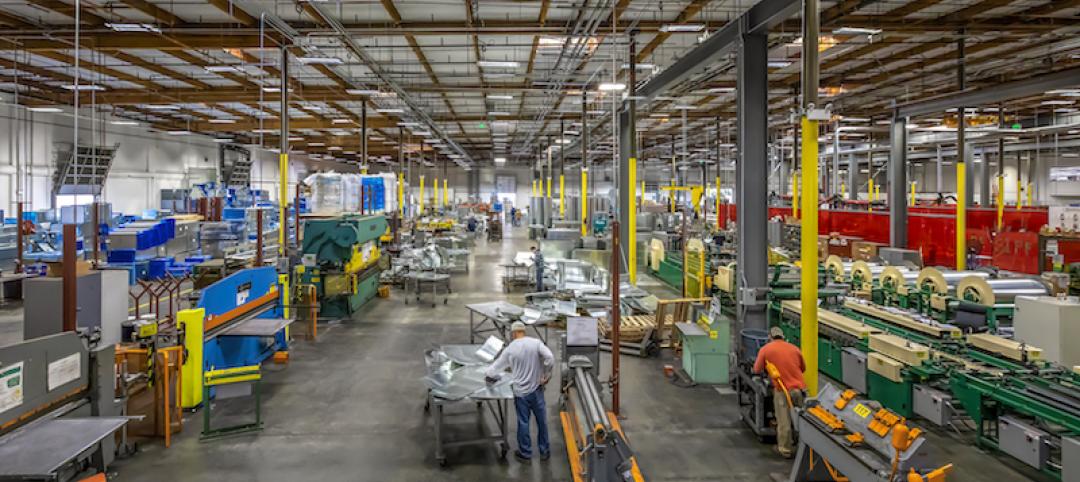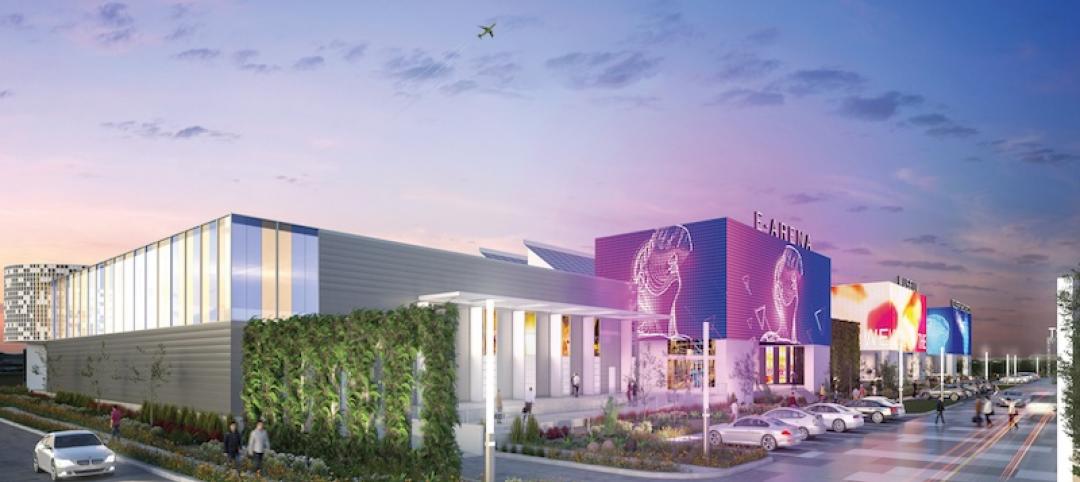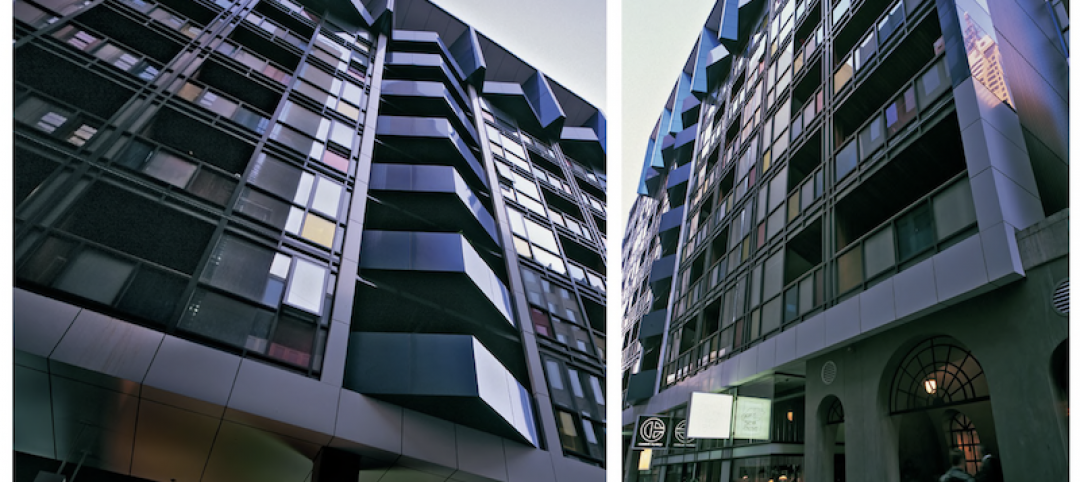A 400-acre site on the outskirts of Denver will be home to a mixed-use neighborhood heralded as one of the most innovative neighborhoods in development in the United States. Peña Station Next will act as a test lab for a multitude of new technology including transparent TVs, advancements in smart kitchen technology, and an intelligent bus stop with self-driving buses.
Panasonic is partnering with the city of Denver on the project and is providing the technology that will be used in the neighborhood.
The transparent television, for example, was shown off by Panasonic at CES 2017 and, essentially, transforms a clear window or an opaque surface into a TV screen, the Denver Post reports. Panasonic showed off working models of the TV technology that included the door of a sake-wine cellar refrigerator, a tabletop, and windows.
Many of the advancements Panasonic is looking to make to already intelligent kitchens are geared toward automating the process of cooking a meal as much as possible. Selecting a recipe on the sake fridge door will automatically set up the necessary appliances, such as preheating the oven to the desired temperature. Kitchen counters also double as induction stove tops with built in sensors that adjust cooking temperatures so as not to burn the food.
The smart bus stop is one of the first pieces of technology that will actually be installed at Peña Station Next. The stop is integrated with two LCD displays showing information such as bus schedules and how far away the next bus is. The stop will be powered by solar energy. The same self-driving buses that are already in use in Helsinki will also be used in the Peña Station Next development.
The neighborhood has already been equipped with 53 intelligent LED streetlights and a parking lot covered with solar panels. Blanket WiFi is expected by spring and the smart bus stop should be in place by summer. The autonomous shuttles are expected to arrive at some point in February.
Related Stories
Multifamily Housing | Sep 12, 2019
Meet the masters of offsite construction
Prescient combines 5D software, clever engineering, and advanced robotics to create prefabricated assemblies for apartment buildings and student housing.
Multifamily Housing | Jul 23, 2019
Is prefab in your future?
The most important benefit of offsite construction, when done right, is reliability.
Building Tech | Jun 26, 2019
Modular construction can deliver projects 50% faster
Modular construction can deliver projects 20% to 50% faster than traditional methods and drastically reshape how buildings are delivered, according to a new report from McKinsey & Co.
Building Technology | May 30, 2019
An ESD-incubated intelligent building platform is making two buildings in Chicago smarter
The new company, Cohesion, helps synchronize tenants’ workflows.
M/E/P Systems | May 23, 2019
Process analysis is how one MEP producer is coping with the industry’s labor woes
Southland Industries takes a measured approach to leaning into technology.
Building Technology | Mar 26, 2019
Chain of command: Blockchain for AEC
Blockchain isn’t just about exchanging Bitcoin. It could emerge as the next construction management and lifecycle assessment tool.
Building Technology | Mar 25, 2019
Blockchain: A primer
The simplest explanation of this technology is that blockchain is a digital distributed ledger of transactions or records that exists across multiple participants and computers in a peer-to-peer network.
Industrial Facilities | Mar 10, 2019
The burgeoning Port San Antonio lays out growth plans
Expansions would accommodate cybersecurity, aerospace, and defense tenants, and help commercialize technologies.
Building Technology | Mar 8, 2019
What is your firm's innovation 'hit rate'?
As firms begin to adopt the practices and mindset of Silicon Valley tech and advanced manufacturing, it’s fair to ask: Are all of these innovation projects and initiatives working?
Building Technology | Mar 6, 2019
Australia’s prefab construction sector is trying to break out from its 'getting there' stage
A paper by Deloitte looks back at an origin case study. But the country has yet to develop a fully formed industry.


